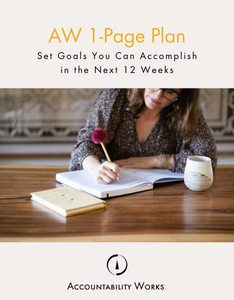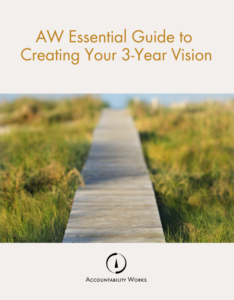Active Listening
- Cognitive: Paying attention to all the information, both explicit and implicit, that you are receiving from the other person, comprehending, and integrating that information
- Emotional: Staying calm and compassionate during the conversation, including managing any emotional reactions (annoyance, boredom) you might experience
- Behavioral: Conveying interest and comprehension verbally and nonverbally.
What I’ve been exploring is how we are doing as listeners right now and what our biggest areas of improvement are. It was so instructive to start with questions, and yes, listen to the answers to guide the next steps in our learning, that I invite you to answer them yourself:
How are you doing as a listener?
Maybe you feel like you are doing great, or perhaps you notice that you are interrupting a lot more than you would like. Maybe you are getting feedback from colleagues or friends that you aren’t paying attention to, or they tried to get your attention but you didn’t hear them. I get that a lot from my kids!
Be honest with yourself, because the more you can reflect on situations where you weren’t being a great listener, the better you can be at answering the next question.
What is your biggest area of improvement?
It could be that you are jumping ahead in the story and aren’t really listening, but instead filling in the blanks and anticipating what’s coming next. Or maybe you are fixing the problem rather than actively listening to what the other person is telling you. Perhaps something the speaker has said has triggered an emotional reaction, short-circuiting your ability to listen while your irrational mind goes in many different directions trying to figure out what to do with the emotions you are feeling. And these are just a few examples of how tough listening can be. However, when you identify what your biggest area of improvement is, you can begin to focus on that one area as your starting point.
In my case, my biggest challenge with listening is distraction. There are many techniques for mitigating distractions while doing video calls, which take up a large portion of my day. I take copious notes and hide my self-view so I’m not distracted by seeing myself or my surroundings. I silence my phone and notifications on my computer. However, in my day-to-day life, distraction is a huge issue for me. My husband or one of my children can be telling me something important, and a text will come through, or my mind will wander to what I’m making for dinner or something I forget to finish at work, and boom, I’ve lost the thread. Noticing this is making me more aware and intentional about how I’m listening.
How will you make becoming a better listener a priority?
For me, it’s going to be to continue my quest to mitigate distraction. Noticing how it’s impacting my ability to listen is another layer I’ve uncovered, and I’m looking forward to seeing how the people closest to me benefit or even perceive that I’m making a concerted effort to change my distracted behavior and give them my full attention.
I hope you walk yourself through these 3 questions and see if there is a small change you can make that will help you in becoming a better listener.



